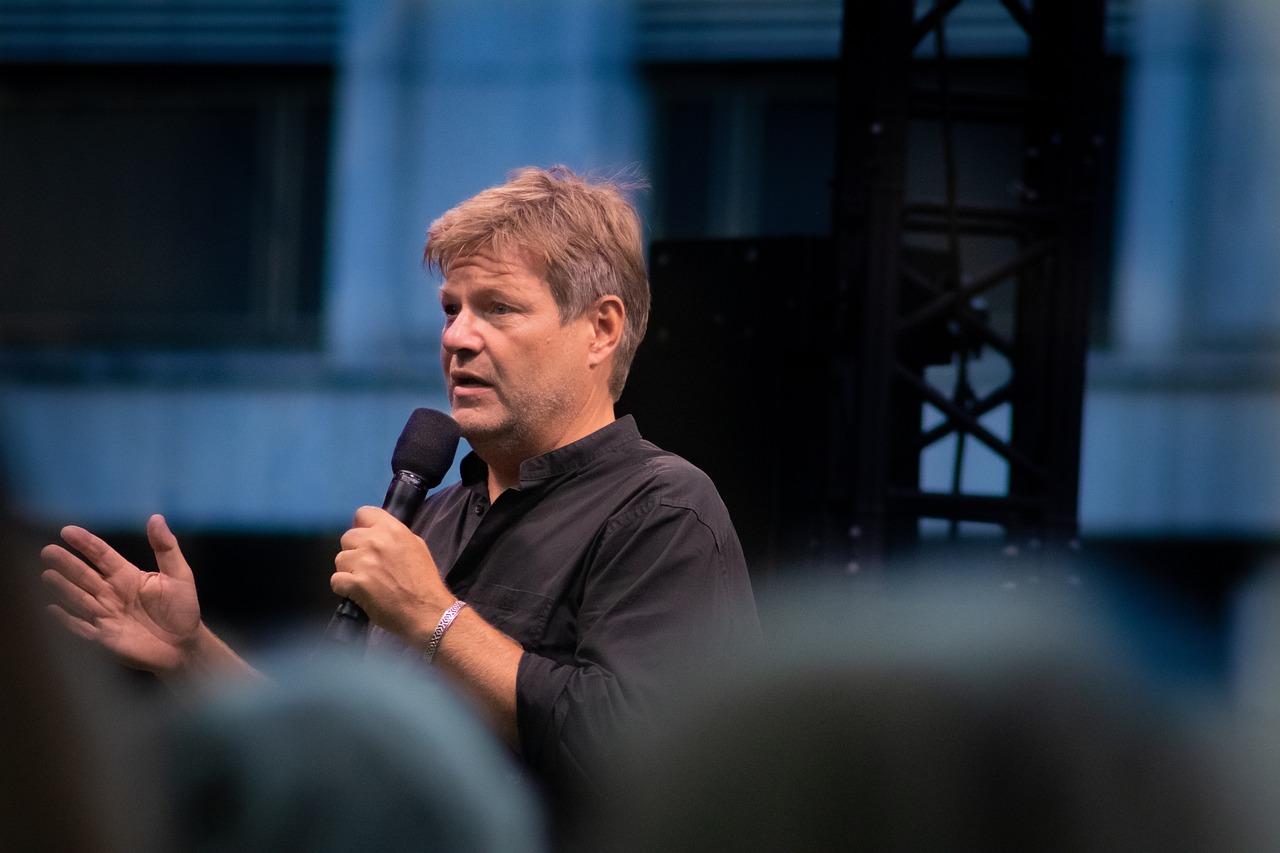Election Results and International Trade
The outcome of elections in various countries can significantly influence international trade dynamics. When new leaders are elected, they may introduce changes in trade policies that can have far-reaching impacts on global commerce. The promises and agenda of elected officials often reflect their stance on trade agreements, tariffs, and diplomatic relationships, shaping the future of international trade relations.
Moreover, election results can create uncertainties in the business environment, affecting investor confidence and trade flows. Sudden shifts in political leadership can lead to fluctuations in currency values, stock markets, and commodity prices, all of which play a crucial role in shaping the landscape of international trade. Therefore, businesses and policymakers closely monitor election results and the subsequent policy changes to adapt their strategies and operations accordingly.
Analyzing Trade Policies of Newly Elected Leaders
The trade policies of newly elected leaders often bring about uncertainty in the global market. Investors and trading partners closely monitor the actions and statements of these leaders to anticipate any potential shifts in trade agreements or tariffs. The introduction of new leaders can lead to changes in trade strategies and priorities, which can impact various industries and economies around the world.
It is crucial for businesses to adapt to the evolving trade policies of newly elected leaders to mitigate risks and capitalize on potential opportunities. By staying informed and being proactive in assessing how these policies may affect their operations, companies can better navigate the changing trade landscape. Understanding the trade agenda of newly elected leaders is essential for businesses to develop effective strategies and maintain competitiveness in the international market.
How Political Stability Affects Global Trade Agreements
Political stability plays a crucial role in shaping global trade agreements. When countries are politically stable, it instills confidence among trading partners, as uncertainties and disruptions are minimized. This stability creates a conducive environment for negotiations and the implementation of trade agreements, leading to increased trade flows and economic growth.
On the contrary, political instability can hinder the progress of global trade agreements. Uncertainties arising from political turmoil can derail negotiations and even lead to the breakdown of established trade pacts. Investor confidence is significantly affected by political instability, causing reluctance to engage in trade agreements and investments. In such scenarios, the overall global trade landscape is disrupted, impacting the economic prosperity of nations involved.
Political stability instills confidence among trading partners
Creates a conducive environment for negotiations and implementation of trade agreements
Leads to increased trade flows and economic growth
Political instability can hinder the progress of global trade agreements
Uncertainties from political turmoil can derail negotiations
Investor confidence is affected, leading to reluctance in engaging in trade agreements and investments
Disruption in global trade landscape impacts economic prosperity
How does political stability affect global trade agreements?
Political stability plays a crucial role in global trade agreements as it provides a sense of predictability and trust among countries. Instability can lead to uncertainty and hinder negotiations and implementation of trade deals.
What impact do election results have on international trade?
Election results can have a significant impact on international trade as new leaders may bring changes in trade policies, regulations, and priorities. This can either strengthen or weaken trade agreements with other countries.
How are trade policies of newly elected leaders analyzed?
Trade policies of newly elected leaders are analyzed by examining their campaign promises, past statements on trade issues, and initial actions taken after assuming office. Experts also monitor official communications and engagements with other countries to gauge the direction of trade policies.







